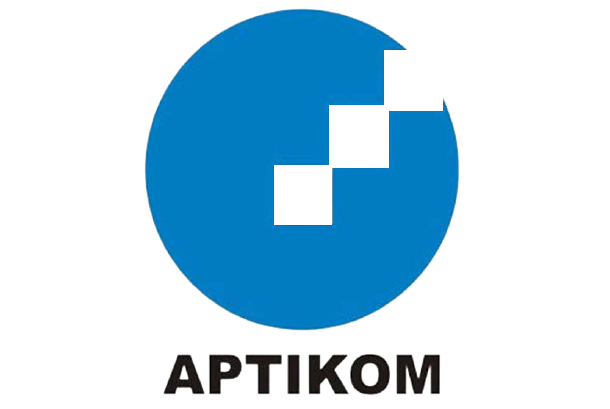ADDITIONAL MENU
Plagiarism Policy
Knowbase: International Journal of Knowledge in Database
Knowbase: International Journal of Knowledge in Database is an international, peer-reviewed, open-access journal published by Universitas Islam Negeri Sjech M. Djamil Djambek Bukittinggi, West Sumatera, Indonesia. The journal is issued biannually in June and December and serves as a multidisciplinary platform for the exchange of the latest research and developments in the fields of databases, data management, and knowledge discovery.
Definition of Plagiarism
Plagiarism occurs when an author uses someone else's work, ideas, or words without appropriate attribution or permission. This includes, but is not limited to:
-
Direct copying of text from another source without quotation marks and proper citation.
-
Paraphrasing or rephrasing someone else’s work without proper attribution.
-
Using ideas, data, images, or figures from another source without acknowledgement.
-
Submitting work that is not the author’s own (including fabricated or purchased manuscripts).
Similarity Index
All submitted manuscripts will be screened for similarity and plagiarism using Turnitin/iThenticate.
1. The maximum acceptable similarity index is 20% (excluding references and bibliography).
2. Manuscripts that exceed this threshold will be returned to the author(s) for revision or rejected outright.
Screening Process
1. Initial Screening
Upon submission, each manuscript will be checked for plagiarism using Turnitin/iThenticate.
2. Threshold Evaluation
If the similarity index is 20% or less, the manuscript will proceed to the peer review process.
3. High Similarity
If the similarity index exceeds 20%, the manuscript will be immediately rejected. Authors will be notified and provided with the plagiarism report.
Consequences of Plagiarism
If plagiarism is detected at any stage (before or after publication), the following actions will be taken:
1. Manuscript Rejection
The manuscript will be rejected if plagiarism is detected during the submission stage.
2. Retraction
If plagiarism is discovered after publication, the article will be formally retracted. The journal will publish a retraction notice, and the author’s institution may be notified.
3. Author Notification
The corresponding author will be notified of the plagiarism issue and provided with a copy of the plagiarism report.
4. Future Submissions
Authors found guilty of severe plagiarism may be blacklisted from submitting to JEMAST in the future.
Author Responsibilities
Authors are expected to ensure that their work is original and that all sources are appropriately cited. Specifically, authors must:
1. Check their manuscripts for potential plagiarism before submission.
2. Properly attribute all sources of information, data, figures, and ideas.
3. Obtain necessary permissions for any third-party material (images, tables, figures) used in their work.
4. Adhere to the Committee on Publication Ethics (COPE) guidelines on publication ethics and malpractice.



